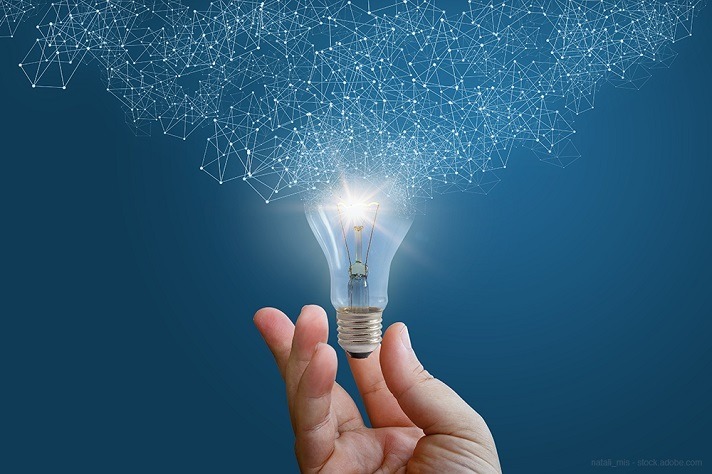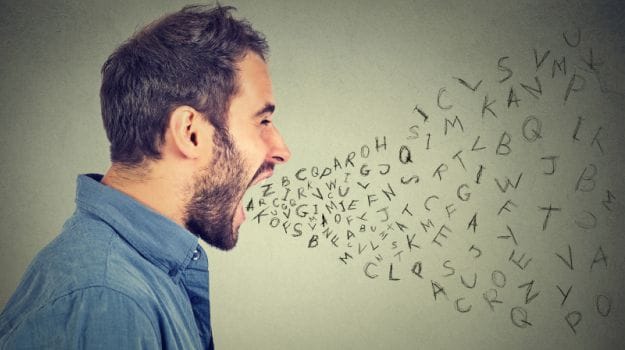Posts Tagged ‘Headspace’
On cognitive training, muscle mass, neurostimulation, brain teasers, apps, and more
Welcome to a new edition of SharpBrains’ e‑newsletter, featuring timely brain & innovation news and a few fun teasers to test your working memory. #1. Study: Building muscle mass helps delay cognitive decline beyond the value of exercise itself “Teasing out exactly how muscle helps the brain remains a challenge. There are plenty of indirect…
Read MoreClinicians and academics should engage users when reviewing mental health apps, study finds
Study: Professional, consumer opinions differ on mental health app quality (MobiHealth News): Researchers found low agreement between professionals’ and consumers’ reviews of mental health apps. The study, published in JMIR, assessed 11 mental health apps using web surveys administered between December 2020 and April 2021. The apps assessed included Breethe, Calm, Headspace, Insight Timer Meditation,…
Read MoreHeadspace Health’s Leslie Witt on the future of mental health: Meditation, text-based coaching, teletherapy, telepsychiatry, and community
Q&A: How Headspace Health’s acquisitions alter its mental health product (MobiHealthNews): Headspace Health has revealed two acquisitions this year, the latest coming earlier this month when the digital mental health company announced the purchase of mental wellness app Shine.
Read MoreSolera Health includes Ginger and eMindful to expand digital mental healthcare platform
Solera expands mental health network with new partners Ginger and eMindful (Fierce Healthcare): Solera Health, a platform that links people with a curated collection of health solutions, is adding mental health companies Ginger and eMindful to its network of partners. Ginger, a provider of on-demand virtual mental health care, and eMindful, which offers evidence-based mindfulness…
Read MoreTrend: Harnessing digital tech to improve mental health and wellness
From mindfulness apps to virtual therapy sessions, digital tools offer instant access to wellness resources (The Globe and Mail): In 2015, Brie Code was working at leading video game company Ubisoft as lead artificial intelligence programmer when she realized that many people she knew – about half, by her estimation – found video games boring.
Read MoreOn cognitive reframing and biases, stress, mental health tech, Aduhelm backlash, Britney Spears, and more
Welcome to a new edition of SharpBrains’ e‑newsletter, featuring this time nine scientific reports and industry developments to help promote lifelong brain and mental health. #1. To lower stress levels and improve problem-solving, practice cognitive reframing instead of venting “… venting likely doesn’t soothe anger as much as augment it. That’s because encouraging people to…
Read More





